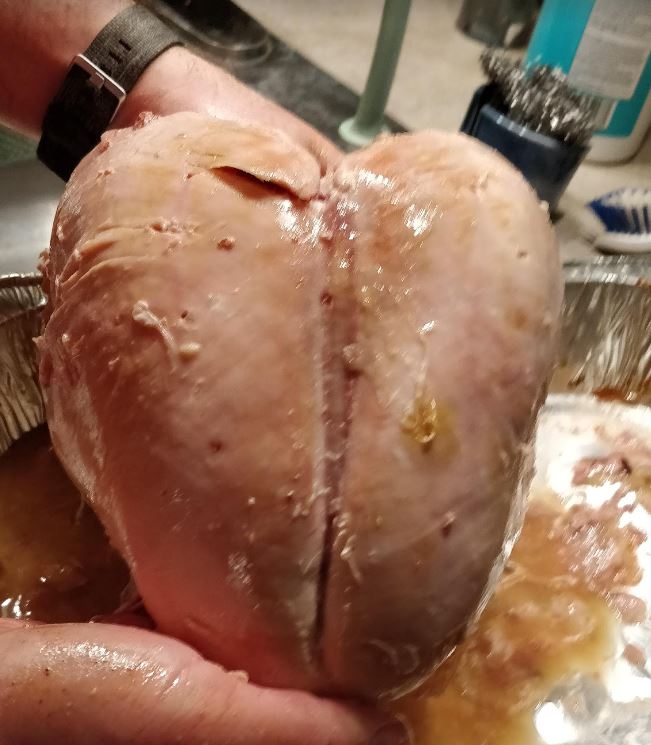I wouldn’t say that it’s literally impossible, but consider that whales and dolphins are also mammals and they still breathe air despite spending their entire lives in water.
Lazy and poor motivation, have they even tried?
Yes, it didn’t end well
One failure is poor reason for giving up. Winners only win because they kept playing.
How are you going to find humans that can extract oxygen from water in the first place?
Selective breeding requires stock that has at least a related trait to the desired outcome. Humans don’t.
You could breed for longer breath holding, etc, but unless you got lucky with a mutation, you can’t magically produce a trait that isn’t available.
Now, you could definitely start diddling genes in one way or another and get there with some luck and good protocols but that’s not selective breeding.
At some point, you would run into a wall that requires evolution or other genetic changes to happen, and that ends selective breeding entirely. You could then start the breeding program again, but I say that isn’t the same thing.
If we could find the genes that once gave us gills back when we were water creatures. Not sure if those are even there anymore.
Yeah I think that the best plan would be to genre edit a solution, then selectively breed ‘normal’ humans to recreate that engineered genome
Probably not. Mammals and birds demand 10~100 times more oxygen to survive than other vertebrates (source), as our metabolism is rather high; I don’t think that the oxygen in water is able to supply that. And a change in that metabolic rate seems a bit too involved to be feasible, specially given that our brains use a lot of energy (thus oxygen).
deleted by creator
The problem is that any change slowing down the metabolism would be deleterious in nature: no/slower body heating, lower brain capabilities, slower healing, increased reaction times, etc.
As a rough comparison, it’s like trying to reduce the energy demand of a computer. There’s some room for optimisation but eventually the only way to do it is by reducing the amount of things that it does, by throttling its components.
Moore’s Law disagrees
Moore’s Law has no good biological equivalent. And it doesn’t even refer to energy consumption itself, but the number of transistors in a circuit.
deleted by creator
deleted by creator
I doubt it, but I have read about a tribe that selectively bred themselves to be able to hold their breath for an unreasonably long amount of time.
edit: Added a word without which the sentence doesn’t make sense.
Not through selective breeding. Maybe through gene manipulation, but I don’t think the science is quite there yet for something as dramatic as that. You could for a tail, since we used to have tails and sometimes people still grow a small one.
So reading this question sent me into a shallow-dive (one article deep) reading about animals that have this capability seems to suggest that actually selective breeding (as opposed to natural selection) might be the only way to create a species that could breathe both on land and underwater, as it seems like otherwise the tradeoff of creating two seperate breathing systems just wouldnt be worth the cost in the wild.
btw not a biologist, so everything i write is probably BS
deleted by creator
I almost want to say you’d have better luck breeding super intelligent fish
deleted by creator
no idea, but thanks for spelling “breathe” correctly.
Maybe, if you already have a human with the genetic capacity to do so.
Yes. You will need trillions of dollars and operate outside of any country so you’re not subject to pesky ethics and humanitarian laws. Good luck, I hope I never see you.
I hope I never see you.
i hope you see him.









